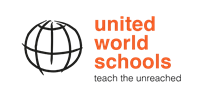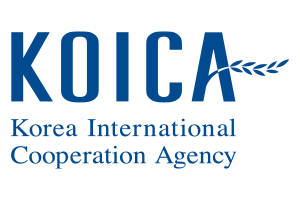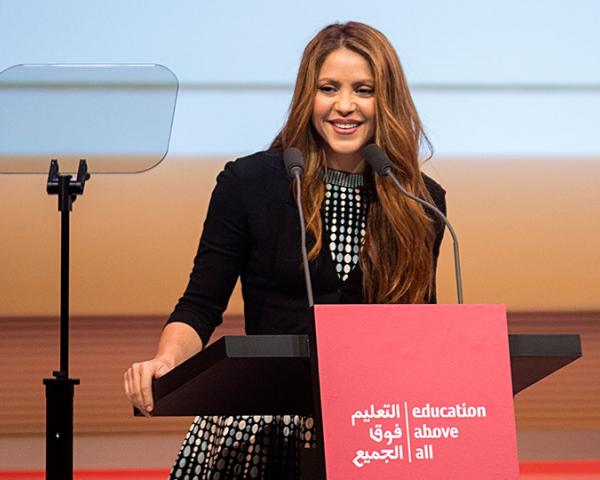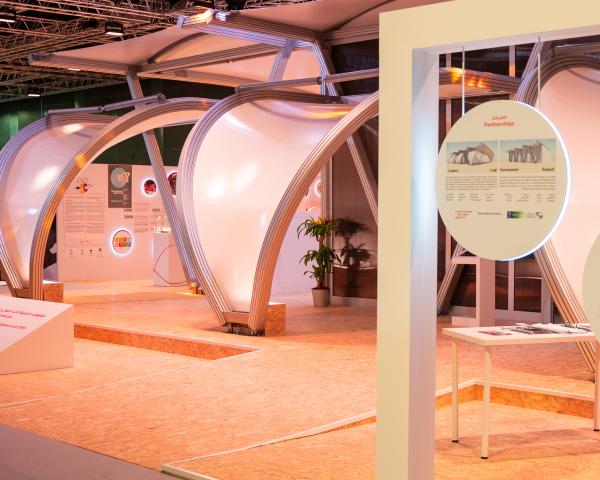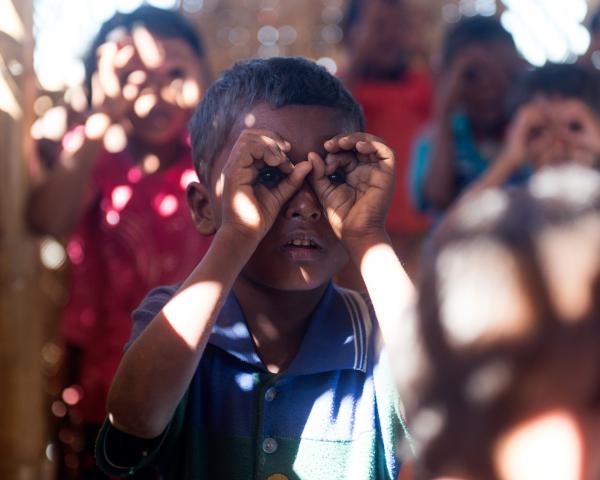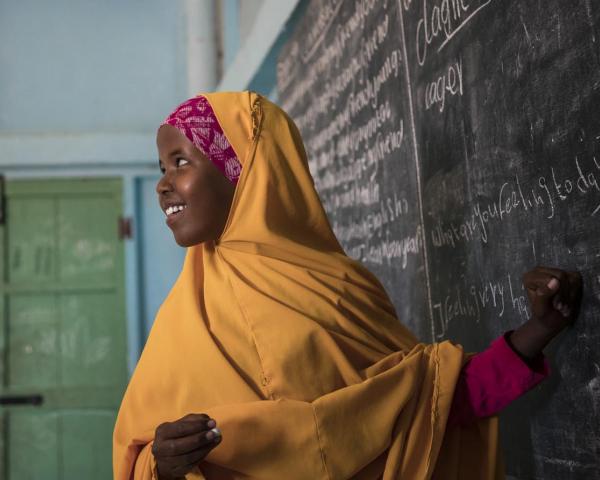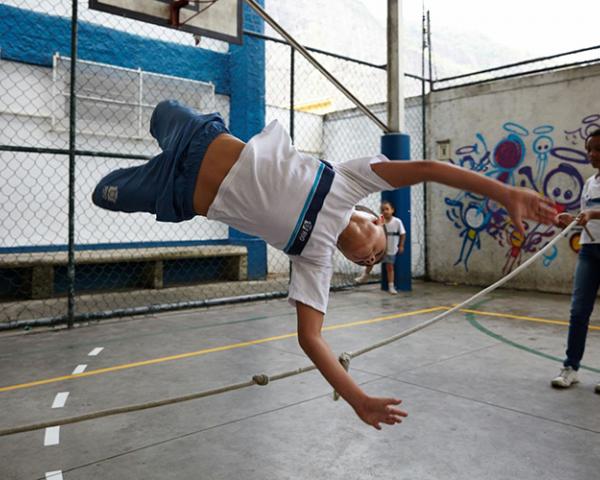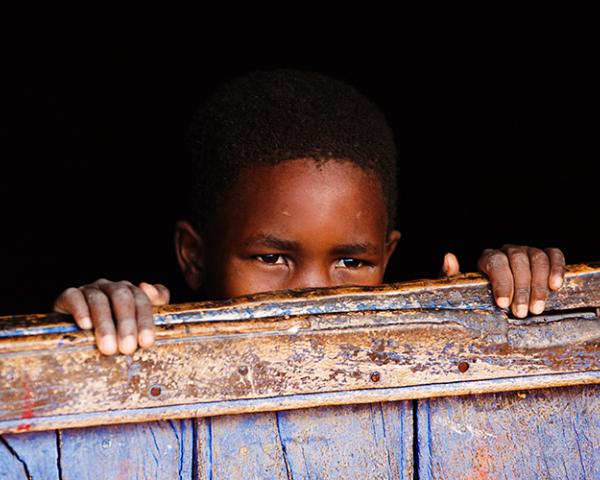Southeast Asia School Development Project for OOSC
Project Status
From the outset of each school development project, United World Schools (UWS) engages with local stakeholders to foster a sense of accountability and ownership of the project. UWS works with the local education ministry to align with their priorities and sees itself as accountable to the community and the parents for the quality of the education; in turn, they are accountable to UWS for supporting student enrolment and retention.
To reach 33,830 OOSC in these three countries, UWS will build 163 new primary schools over the life of the project. The project model consists of the following five key components: 1) consultation with government and local communities to elicit support/buy-in for project interventions; 2) global education partnerships with affluent schools and/or organisations to engender financial sustainability; 3) empowered School Support Committees (SSCs) that help manage the school and support attendance and retention efforts; 4) quality assurance through regular monitoring of qualitative and quantitative variables, teacher training and consultation with SSCs); and 5) the value for money principle whereby schools are built in areas that can provide basic quality education at a cost of US$1 per student per week.
Regarding sustainability, UWS seeks to hand over a well-established, effective and well-governed school to an authority with the means to manage it properly and integrate it effectively into the national education system. Specifically, UWS aims to establish schools with qualified and trained teachers who have access to the tools necessary to do their job; measure student progress in literacy and numeracy each term throughout the project’s three-year life cycle; and cultivate active and functioning SSCs.
*EAA would like to thank KOICA for their generous co-financing contribution to this project.






